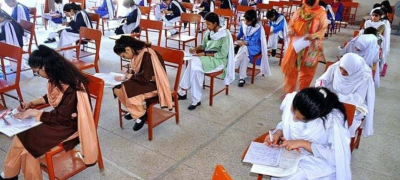In a significant development, an FIR was filed in Peshawar against Jamaat-e-Islami (JI) leaders for their protest against the surge in electricity prices. The charges outlined in the FIR include allegations of disrupting government machinery, blocking roads, damaging government property, and forcibly closing shops.
Read More: Weekly inflation remains more than 28%.
The case names JI chief Sirajul Haq and other prominent leaders, such as advocate Khalid Gul, Zahid Shah, Tahir Zareen, and Haji Qadeer.
The protest against rising inflation, exorbitant electricity bills, and recent petroleum price hikes prompted thousands of traders to observe a shutter-down strike nationwide. The call for the strike came from JI and various traders’ associations and received support from the legal community, which boycotted courtrooms.
Commercial centers in major cities like Karachi, Lahore, and Peshawar remained closed during the strike, with placards denouncing the “unreasonable increase in electricity bills and taxes” displayed in deserted markets.
JI had also announced a nationwide strike to protest oppressive electricity bills, demanding the government revoke its perceived “draconian” decisions. The party organized a massive women’s march, marking one of the largest demonstrations in the ongoing wave of power protests, to demand immediate relief and tax waivers on electricity bills. The demonstration took place on New MA Jinnah Road and sought to address the plight of soaring electricity tariffs.





